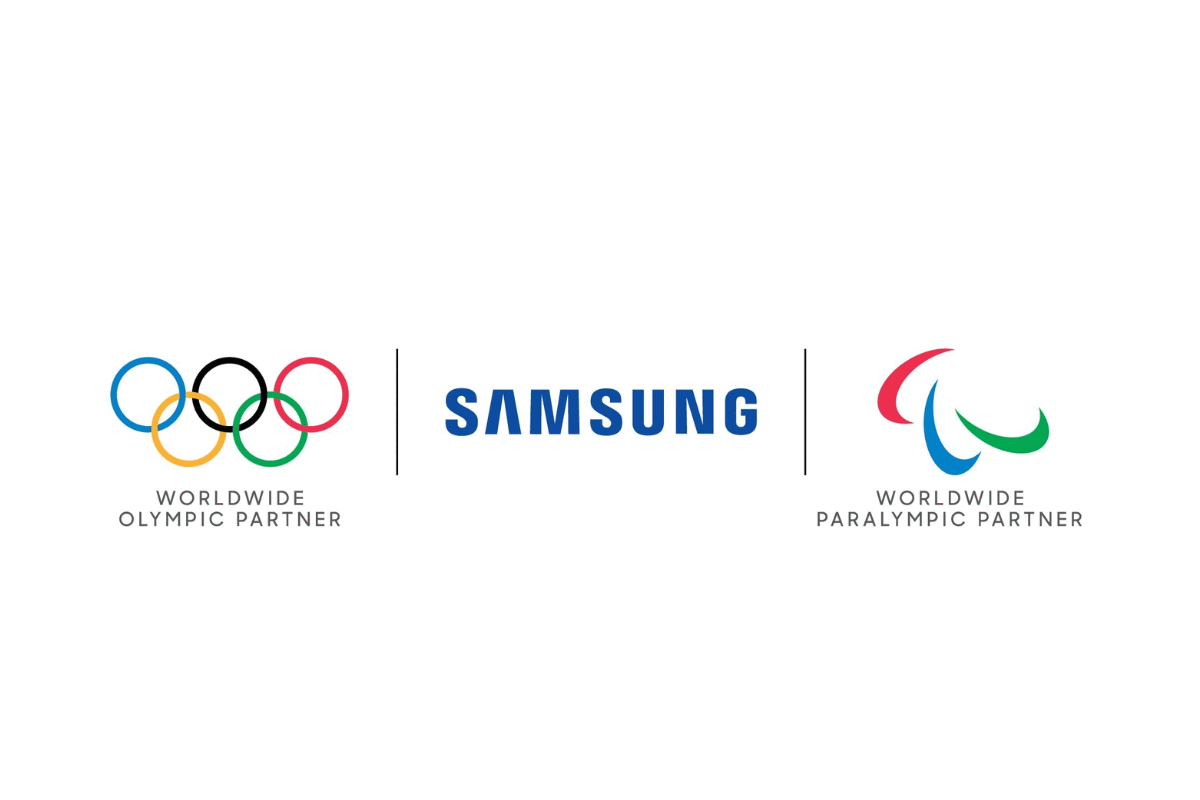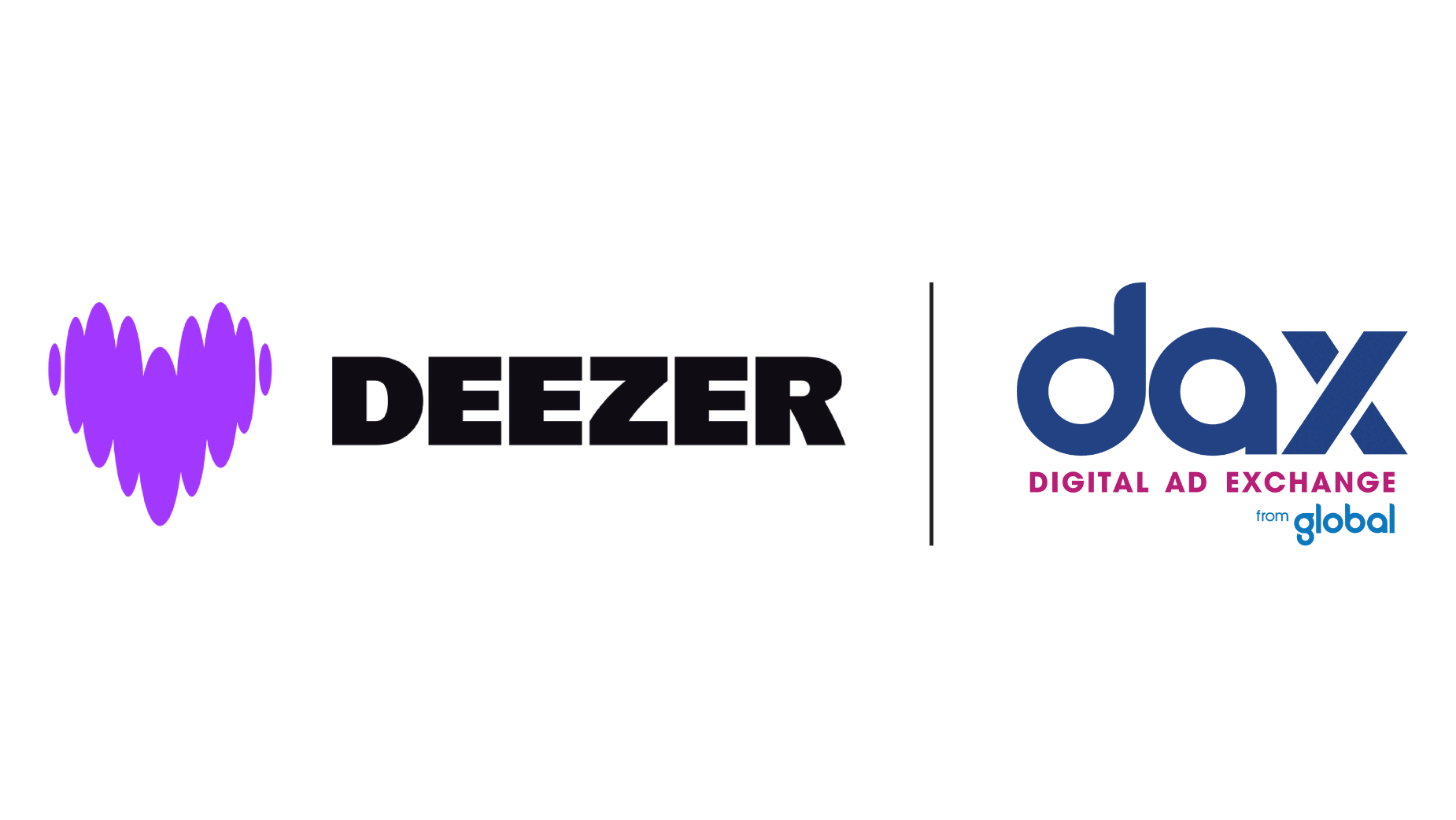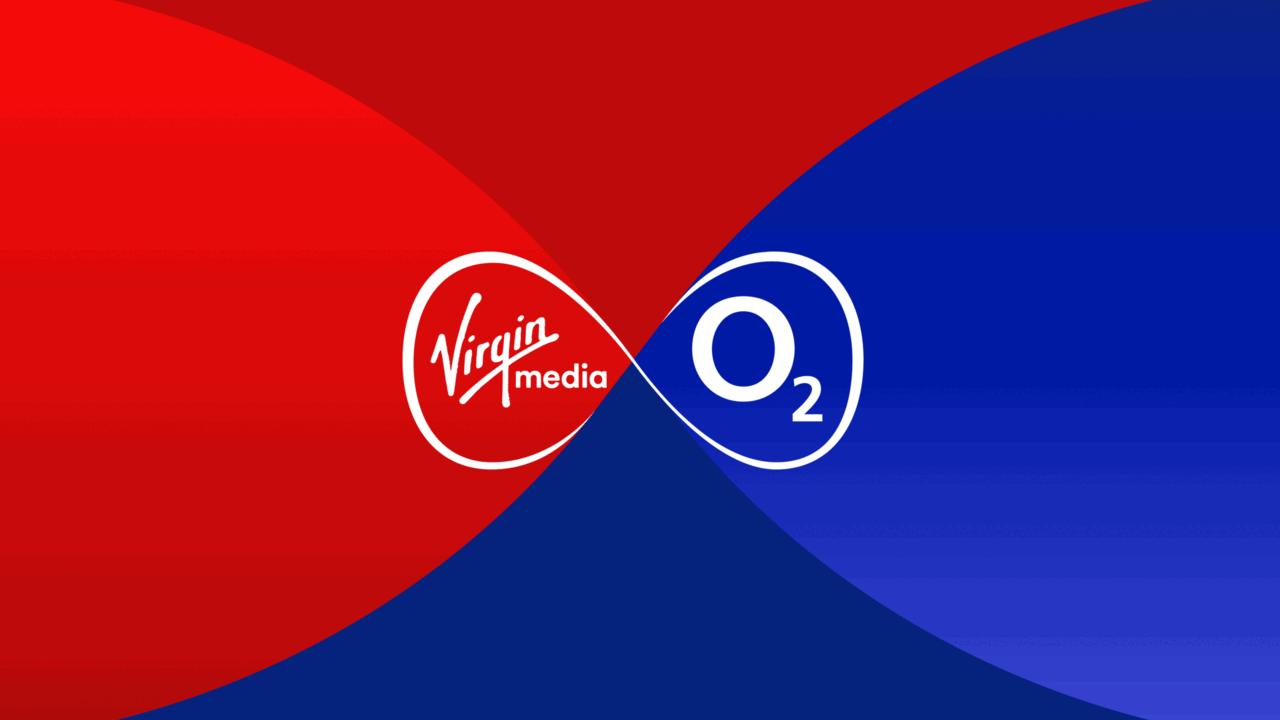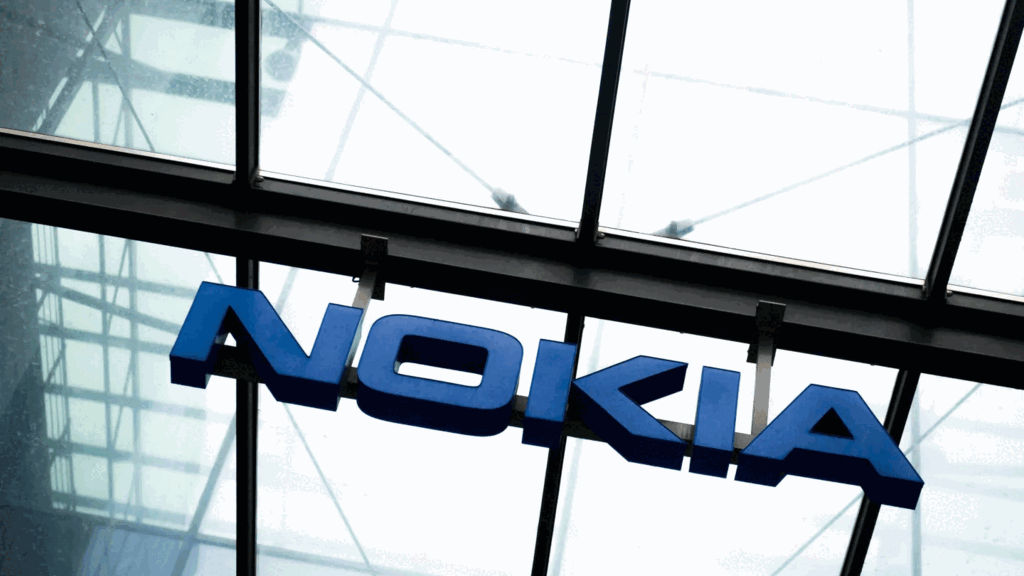T-Mobile and Sprint merger delayed by ties with Chinese company Huawei
- Wednesday, December 19th, 2018
- Share this article:
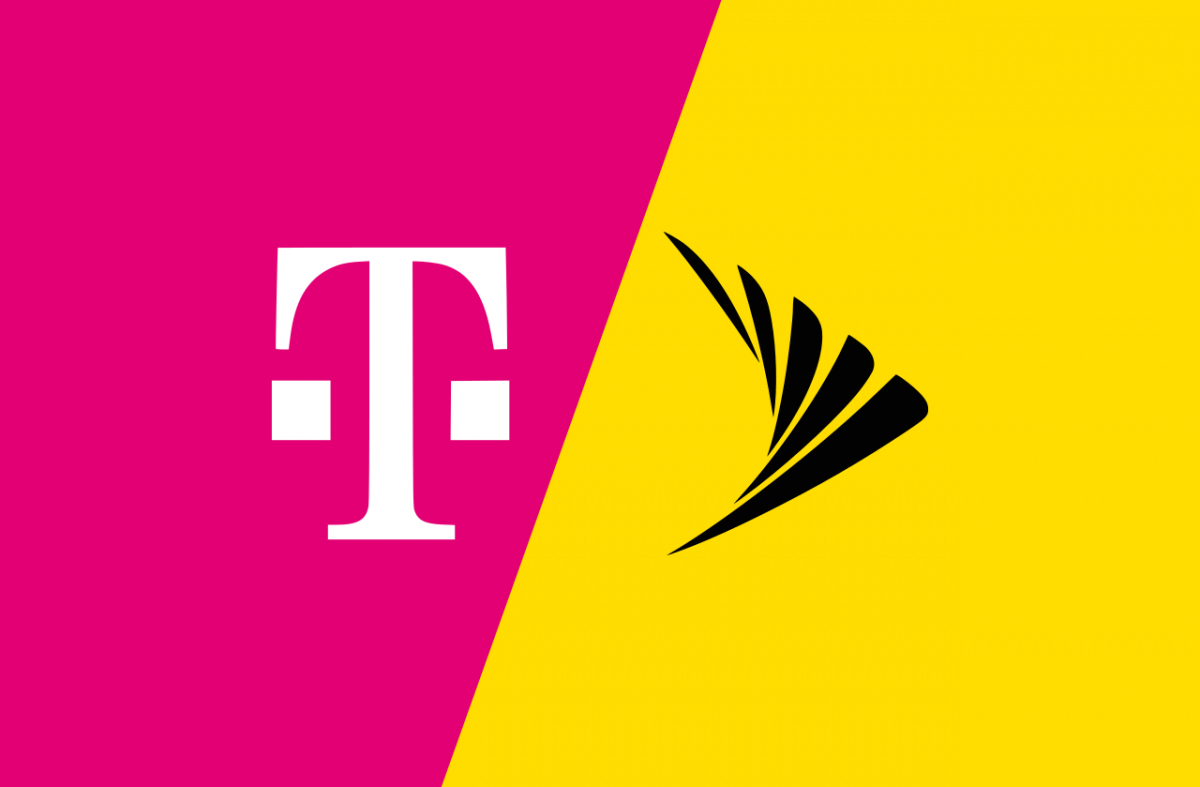 In the midst of a $26bn merger deal between T-Mobile US Inc and Sprint Corp, the US government has urged their majority owners to cut ties with Chinese telecom equipment company, Huawei. While T-Mobile US Inc and Sprint Corp do not directly use Huawei’s gear, their majority owners, Germany’s Deutsche Telekom AG and Japan’s SoftBank Group Ltd, use Huawei as a vendor for equipment overseas.
In the midst of a $26bn merger deal between T-Mobile US Inc and Sprint Corp, the US government has urged their majority owners to cut ties with Chinese telecom equipment company, Huawei. While T-Mobile US Inc and Sprint Corp do not directly use Huawei’s gear, their majority owners, Germany’s Deutsche Telekom AG and Japan’s SoftBank Group Ltd, use Huawei as a vendor for equipment overseas.
According to undisclosed sources, US government officials have been pressuring Deutsche Telekom to discontinue future business with Huawei, and implied that the merger would not take place until it was approved by a US national security panel. Both Deutsche Telekom and Softbank have stated they will begin the search for a new vendor, with the hopes that the Committee on Foreign Investment in the United States (CFIUS) will authorize Sprint and T-Mobile to move forward with the deal.
The US government, along with other European and Australian allies, have urged businesses to stop using Huawei’s equipment as a security precaution, claiming “the company is effectively controlled by the Chinese state and its network equipment may contain back doors that could enable cyber espionage. Although the Chinese company, which is the world’s largest network equipment maker, has denied these claims, certain European countries and the entirety of Australia will not be including Huawei in any plans supporting their fifth-generation (5G) mobile networks.
“We don’t foresee calling on Huawei for 5G,” Orange chief executive officer Stephane Richard told reporters in Paris. “We are working with our traditional partners – they are Ericsson and Nokia.”
Skepticism on Huawei’s legality has continued to grow since early December, when the firm’s chief financial officer, Meng Wanzhou, was arrested in Canada. Wanzhou, who is the daughter of Huawei’s founder, was taken into custody on a US extradition request and is accused of misleading multinational banks about Huawei’s control of a company operating out of Iran.
US President Donald Trump has stated that he is willing to intervene if it means resolving the dispute or resolve US national security interests, as he saw a connection between Wanzhou’s extradition case and the Trump administration’s trade row with China. ZTE, China’s second-largest maker of network of telecommunications equipment, has also recently been targeted by the US government, when the US banned American firms from selling ZTE’s parts, claiming the company “broke an agreement to discipline executives who had conspired to evade U.S. sanctions on Iran and North Korea.” The ban was lifted four months later, in July, after ZTE agreed to pay $1.4bn in penalties.
To appease the Committee on Foreign Investment in the United States, Softbank plans to replace Huawei’s 4G network equipment with products from Nokia and Ericsson. Deutsche Telekom, the largest European telecoms company, will continue to evaluate its vendors in Germany and other European areas. Before the merger between T-Mobile and Sprint can be approved, which is expected to close before the second half of 2019, the deal must be authorized by the Justice Department and Federal Communications Commission.





